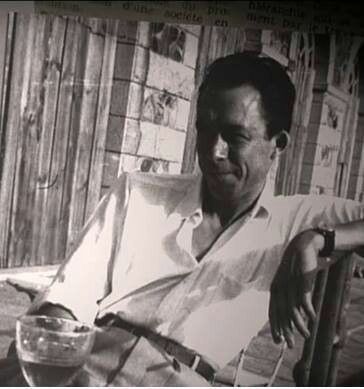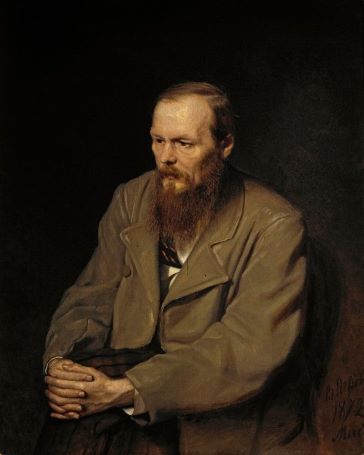bibliophiles
These are authors we hold as superior; and fun little facts about them!
Albert Camus
Albert Camus (1913-1960) was a French philosopher, author, and journalist known for his philosophical works exploring existentialism and the absurdity of human existence. His novel "The Stranger" tells the story of Meursault, a character grappling with the meaninglessness of life. Camus received the Nobel Prize in Literature in 1957. Fun fact: Camus was also a talented goalkeeper and played for Racing Universitaire d'Alger, a soccer team in Algiers.


Sylvia Plath
Sylvia Plath (1932-1963) was an American poet known for her intense exploration of themes such as identity, mental anguish, and the struggles of being a woman. Her works depicted her complex relationship with writing and the haunting specter of suicide. With evocative language, Plath delved into the depths of her inner turmoil, leaving behind a profound and disturbing legacy. Tragically, her own life ended in suicide at a young age. Plath's writings continue to resonate, blurring the line between reality and imagination, and showcasing the profound connection between art and the human experience.
Jean-Paul Sartre
Jean-Paul Sartre (1905-1980) was a French philosopher, writer, and key figure in existentialist philosophy. He explored existential themes such as freedom, authenticity, and the human condition. Sartre's notable works include "Being and Nothingness" and his plays like "No Exit." He rejected the idea of a predetermined human nature and emphasized personal responsibility and individual choice. Sartre's philosophy centered around the concept of existence preceding essence, emphasizing that individuals create their own meaning in life. His writings had a significant impact on philosophy, literature, and social thought, making him one of the most influential thinkers of the 20th century.


Fyodor Dostoevsky
Fyodor Dostoevsky (1821-1881) was a Russian novelist, philosopher, and essayist. His works, such as "Crime and Punishment" and "The Brothers Karamazov," delve into the depths of the human psyche, morality, and existential questions. Dostoevsky's psychological insights and complex narratives have secured his place among the greatest Russian writers.
Jane Austen
Jane Austen (1775-1817) was an English novelist known for her insightful and witty social commentary. Her novels, including "Pride and Prejudice" and "Emma," portray the lives and relationships of the English gentry with a sharp and satirical eye. Austen's works continue to captivate readers with their timeless themes and memorable characters.


Victor Hugo
Victor Hugo (1802-1885) was a French poet, novelist, and playwright. His works, including "Les Misérables" and "The Hunchback of Notre-Dame," explore themes of social justice, love, and redemption. Hugo's powerful storytelling and vivid characters have made him one of the most influential figures in French literature.
Oscar Wilde
Oscar Wilde (1854-1900) was an Irish playwright, poet, and novelist. Known for his wit and flamboyant personality, Wilde's works, such as "The Picture of Dorian Gray" and "The Importance of Being Earnest," explore themes of art, beauty, and societal expectations. Wilde's writing continues to be celebrated for its cleverness and social critiques.


Slavoj Žižek
Slavoj Žižek (1949-) is a Slovenian philosopher, cultural critic, and psychoanalyst. Known for his provocative and unorthodox ideas, Žižek explores various topics, including ideology, capitalism, and popular culture. With a unique blend of humor and intellectual rigor, Žižek challenges conventional thinking and offers fresh perspectives on contemporary issues.
Michael Parenti
Michael Parenti (1933-) is an American political scientist, historian, and author. With a focus on political and economic analysis, Parenti critiques imperialism, inequality, and corporate power. Known for his engaging writing style and insightful commentary, Parenti sheds light on social issues and advocates for justice and democracy.

under construction